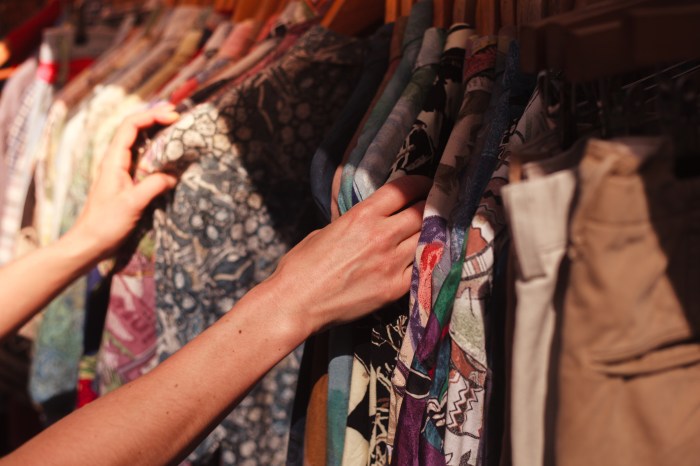When Adah Nuchi was 12, she asked her parents for the book “Changing Bodies, Changing Lives” to learn about puberty.
“There was absolutely no way I was going to talk to them about anything,” recalls Nuchi, 37. “It gave me all the information that I needed.”
Nuchi is hoping to provide as useful a resource for the younger set. “Bunk 9’s Guide to Growing Up” ($12.95) is geared toward tween girls, ages 8 to 12, who are right on the brink of or going through puberty.
The concept book, written by Nuchi with illustrations by Meg Hunt, is designed in the form of a notebook and written in the voice of nine teenagers at the fictional Camp Silver Moon (Nuchi herself regularly attended summer camp growing up). There’s advice on everything from using deodorant to shaving your legs to how much sleep you should get.
amNewYork spoke with Nuchi, who splits her time between Brooklyn and Tel Aviv.
How did you recall that time? Did you look at journals?
I was a terrible diary keeper. I was one of those people who had a diary and wrote in it the day they got it and never wrote in it again. But it was interesting to talk to my friends. I always assumed everyone else had it figured out, that it was just me who was failing and flailing. It was really interesting to see that everyone across the board had a hard time and wasn’t feeling comfortable in their body.
People tend to say I never want to go through that again.
It can hopefully be a really great experience. I think that part of what I wanted to do with “Bunk 9’s Guide to Growing Up” was to create this sisterhood and create a dialogue — that girls can feel more comfortable talking about their experience and hopefully come out of it on the other side better off. Maybe it doesn’t exactly mirror your experience, but everyone is having an experience. I think ideally it also fosters kindness.
I understand you talked to girls from your old camp as part of your research?
I talked to 14-year-old girls on what do you know now that you wish you had known then. Everything that they said was focused on, tell them that everyone goes through puberty at a different pace. Tell them no matter what they do, it’s OK. It was very positive things, of keeping your individuality. Then I talked to 11- and 12-year-old girls. They just wanted to know how to do it right. They wanted to know exactly what they needed to do to get through it. I think from that, this book took on this structure of both reassuring girls that everything is going to work out and no matter what you do it’s OK, and also giving the tools for more practical things, like how to shave your legs if you decide to.
Do you see parents being a good audience for this too?
Definitely. I think it has a lot of conversation starters for parents. It can help parents have those difficult conversations with their kids. I think it’s really hard for kids to talk to their parents about puberty. This book has been vetted by a doctor — I think for parents it’s important to know that they’re giving their kids information they can trust. I think it’s also easier for kids to hear about what’s happening to their body from another source that was not from their parents. We wanted to make a book from the older, cooler girls who had already been there, that you look up to. When you’re 11, 12, you trust the information from that person a lot more than your parents.
Culturally, puberty seems to be addressed more, in TV shows like “Big Mouth” and “Black-ish.”
I think it’s great that it’s something that we’re talking about. I grew up reading Judy Blume — that was my first real introduction to puberty. I think that the more cultural exposure there is to it, the less scary it becomes. I also grew up reading a lot of “Archie” comics, and for a long time I felt like the second I hit 16 I was going to look exactly like Betty and Veronica. I’m still waiting. It’s good for young people to see different representations of puberty; having those experiences out in the open and seeing the awkwardness of it and also the positive sides of it in different ways is a really good thing.

















